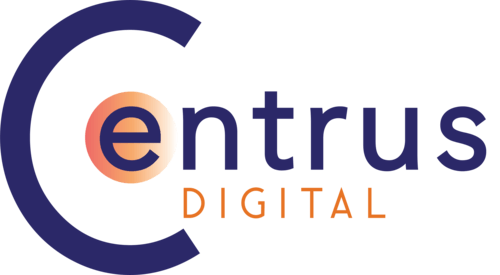
In today’s digital landscape, online advertising is indispensable for business growth. However, a crucial step often overlooked is business verification. Being in “good standing” with significant platforms like Google, Meta, and others isn’t just a formality; it’s your gateway to unlocking the full potential of your online advertising efforts.
Imagine this: your ads reach a wider audience, your brand gains instant credibility, and you build trust with potential customers. This is the power of verification. When you’re verified, you demonstrate your legitimacy, signaling to both platforms and consumers that you’re a trustworthy business. This translates to better ad performance, enhanced brand reputation, and a stronger bottom line.
But why has this emphasis on verification become so prominent? The evolution of online advertising has brought a surge in bad actors, fraudulent activities, and the spread of misinformation. To combat these challenges, platforms have implemented stringent verification processes.
The Genesis of Verification Requirements:
The need for business verification stems from a confluence of factors:
- Combating Ad Fraud:
- Click fraud, impression fraud, and other deceptive practices have plagued online advertising. Verification helps to weed out these fraudulent activities, ensuring a fair and transparent ecosystem.
- Enhancing User Trust:
- Consumers are increasingly wary of online scams and misleading advertisements. Verification builds trust by confirming the legitimacy of businesses, fostering a safer online environment.
- Regulatory Compliance:
- Governments worldwide are implementing stricter regulations concerning online advertising, data privacy, and consumer protection. Verification helps platforms comply with these regulations, mitigating legal risks.
- Brand Safety:
- Brands want to protect their reputation by ensuring their ads appear in safe and appropriate contexts. Verification helps to prevent ads from being associated with harmful or inappropriate content.
- The Rise of Misinformation:
- The increase of false information, especially on social media, has caused platforms to increase their verification process to help combat the spread of false information.
These factors have driven platforms to implement rigorous verification processes, ensuring a healthier and more trustworthy online advertising landscape.
Preparing for Verification: A Step-by-Step Guide:
To ensure a smooth verification process, businesses should proactively prepare the following:
- Accurate Business Information:
- Ensure your business name, address, and contact information are consistent across all platforms and official documents.
- Official Documentation:
- Gather essential documents such as business registration certificates, tax identification numbers, and utility bills.
- Website and Domain Verification:
- Ensure your website is professional, up-to-date, and reflects your business accurately. Verify your domain ownership.
- Phone and Email Verification:
- Ensure your phone number and email address are active and accessible.
- Payment Information:
- Be ready to provide valid payment information and ensure that the payment information matches the business information provided.
Key Platforms to Verify With:
To maximize your online advertising reach, prioritize verification with these leading platforms:
- Google Ads:
- It is essential for reaching a vast audience through search and display advertising. Focus on providing accurate business information and official documentation.
- Meta (Facebook and Instagram Ads):
- Crucial for social media advertising. Prepare your business documents and ensure your website aligns with your Meta Business Suite profile.
- Other Ad Networks:
- Many smaller ad networks and programmatic advertising platforms are increasing their verification processes. Before using an ad network, ensure that you look into its requirements.
By proactively preparing for verification, businesses can unlock the full potential of online advertising, build trust with consumers, and achieve sustainable growth. In today’s digital age, being in good standing is not just an advantage; it’s a necessity.
BTW and yes, this article was composed with the help of Google’s AI tool. It’s great for grammar and organization, but out-of-the-box and research is still provided by us. If you wish to have further discussion on this topic, just click on the link…Book Time Online
